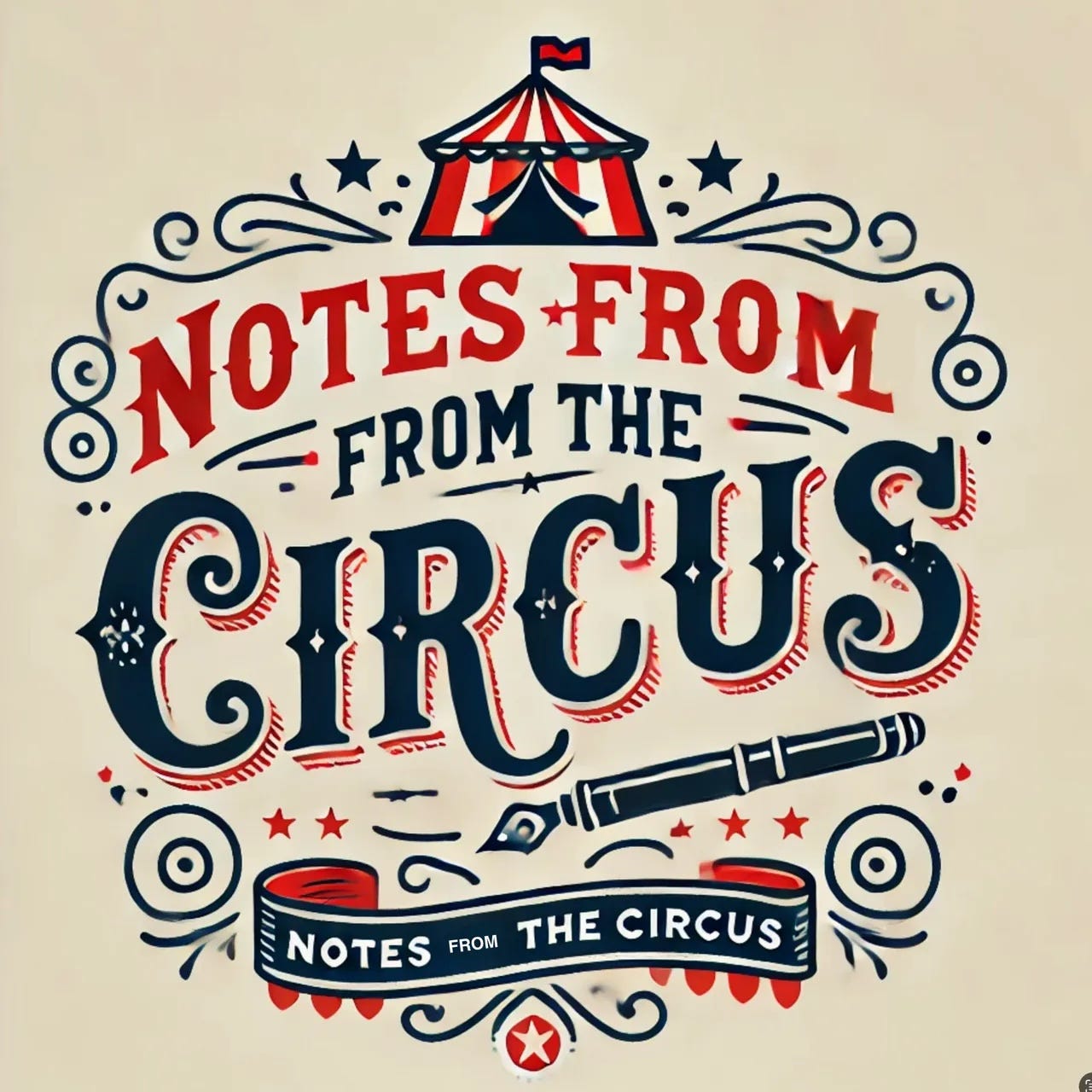The Ethics Theater: Why We Need Democratic Oversight of AI Development
On why we're being fundamentally unserious as a society about AI.
This is, after all, a philosophy blog. But what I’m about to tell you isn’t abstract philosophy—it’s about who gets to make decisions that will reshape civilization, and why leaving those decisions to people with massive financial stakes in the outcome is an absurd proposition.
I’ve been going back and forth in my mind about how to write what I’m about to write. Not because the argument is unclear—it’s devastatingly clear. But because the discourse around AI has become so polarized that any critique gets sorted into “doomer” or “accelerationist,” with no room for the most reasonable position: AI is a dual-use technology with extraordinary potential for both benefit and harm, and we need democratic oversight precisely because the people building it cannot be trusted to balance these risks on their own.
Let me be precise about where I stand, because precision matters when the stakes are this high.
I’m not Eliezer Yudkowsky. I don’t think artificial general intelligence necessarily leads to human extinction. I put P(doom) around 20%—deeply concerning, but not certain. I’m closer to Gary Marcus on the risk spectrum: this will likely cause significant disruption and potential tragedy rather than literal extinction.
But here’s what makes my position different from both the doomers and the accelerationists: I also see enormous positive potential. Large language models could revolutionize digital democracy and deliberation. They could make expertise more accessible without replacing democratic choice. They could help millions of people engage with complex policy questions in ways currently impossible. They could strengthen rather than weaken our capacity for collective self-governance.
The mass unemployment arguments? I’m skeptical. We’ve heard them before with every major technological shift. Labor markets adapt, new categories of work emerge, the economy restructures. I’m not dismissing the disruption—transitions are painful—but I don’t buy the inevitability of permanent mass unemployment.
But—and this is crucial—the dual-use problem remains.
The same technology that could democratize access to expertise could also be weaponized for authoritarian control. The same systems that might help citizens engage with policy could be used to manipulate them at unprecedented scale. The same tools that could make democracy more informed could collapse the epistemic commons entirely.
And this is why leaving these decisions to tech CEOs is not just problematic—it’s philosophically absurd.





